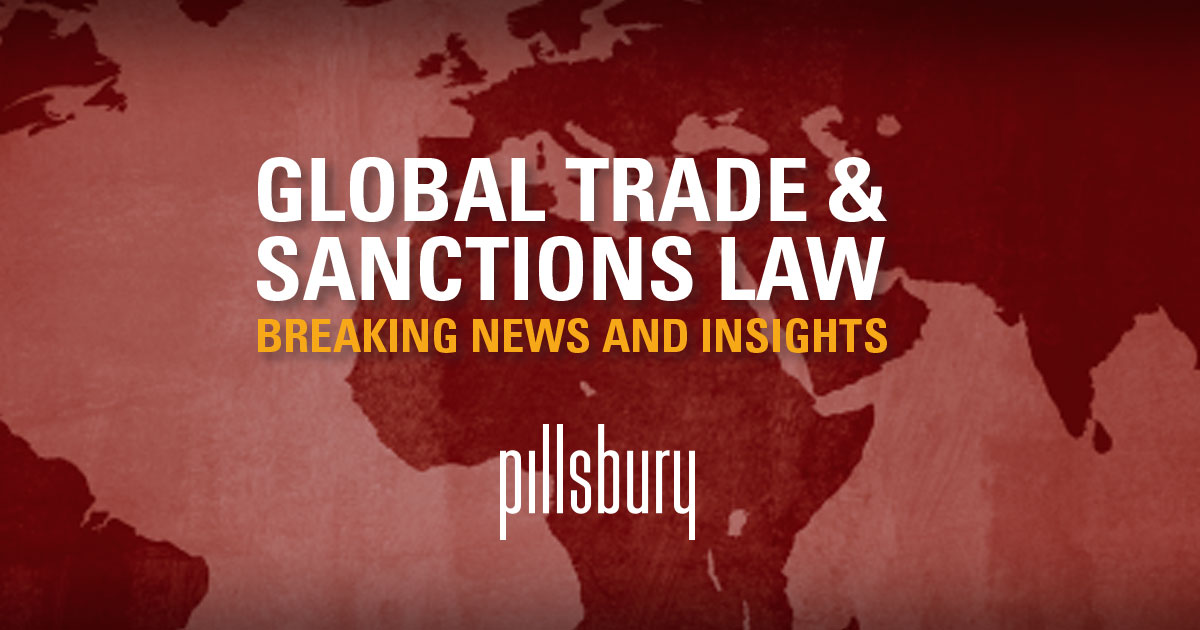
On May 16, 2019, the Bureau of Industry and Security (BIS) of the U.S. Department of Commerce added Huawei Technologies Co., Ltd. (Huawei) and sixty-eight of its non-U.S. affiliates to the Entity List, thereby prohibiting the export or transfer of U.S. commercial and dual-use goods, software and technology to those companies without a license. Non-U.S. goods or software with more than “de minimis” U.S. content are also subject to the restrictions.
On May 22, BIS published a Federal Register notice establishing a Temporary General License (TGL) for exports to Huawei and its listed affiliates. The TGL is effective from May 20, 2019, through August 19, 2019. During that time, certain transactions involving the export, reexport, and transfer (in-country) of items subject to the EAR, including:
- Those necessary to maintain and support existing and currently fully operational networks and equipment, including software updates and patches, subject to legally binding contracts and agreements executed between Huawei and third parties or the sixty-eight Huawei affiliates on or before May 16, 2019;
- Those necessary to provide service and support, including software updates or patches to existing Huawei handsets, that are models that were available to the public on or before May 16, 2019;
- Disclosure to Huawei and its affiliates of information regarding security vulnerabilities in its products when related to the process of providing ongoing security research critical to maintaining the integrity and reliability of existing and currently fully operational networks and equipment; and
- Engagement with Huawei as necessary for the development of 5G standards as part of a duly recognized international standards body.
The rule requires that exporters create an internal certification statement indicating how the transaction meets the scope of the TGL prior to exporting products subject to the EAR.
Importantly, the TGL does not authorize exports or reexports of U.S. parts, equipment or software for Huawei’s use in manufacturing new products, and accordingly it remains necessary to freeze or cancel pending shipments of items to Huawei that are subject to the U.S. Export Administration Regulations.
Also, although President Trump’s “Executive Order on Securing the Information and Communications Technology and Services Supply Chain” was issued on May 15, 2019 – almost simultaneously with BIS’s placement of Huawei on the Entity List – the actions are legally unrelated. The Executive Order directed the Department of Commerce to issue regulations within 150 days to restrict U.S. companies from entering into transactions (including import transactions) with “foreign adversaries” deemed to pose a security risk to the United States. It is widely believed that the Executive Order is targeted at Huawei and other Chinese companies, although no country or company is identified in the Order.